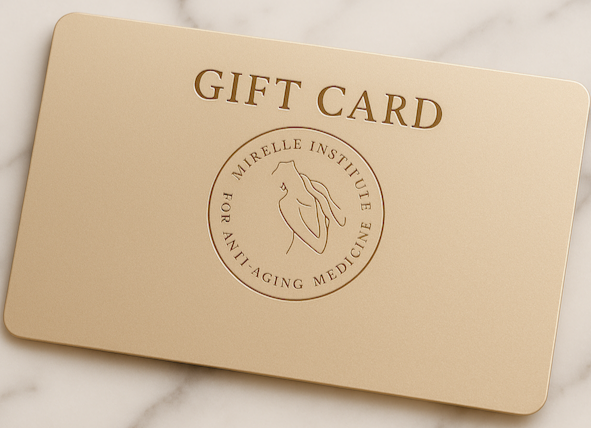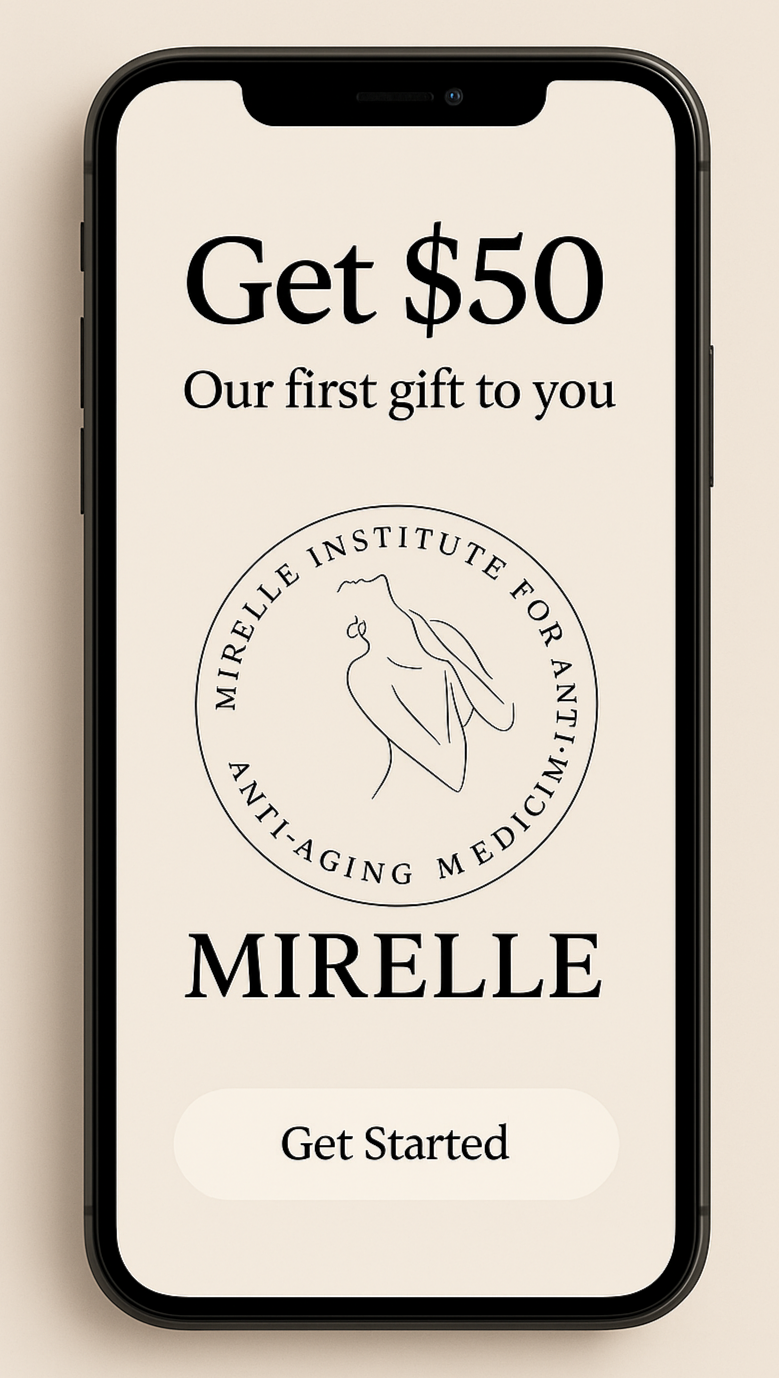Why is Botox Cosmetic® not rendering the same effect?
What Changed with Botox®?
Why are Botox ® and other Dysport treatments lasting for a significantly shorter period of time, or not even taking effect on some patients since COVID 19?
In recent months, concerns have arisen about the effectiveness of Botox® treatments in patients who have received COVID-19 vaccinations or have recovered from COVID-19 illness. Some studies suggest that the immune response triggered by the vaccine or the virus itself may reduce the efficacy of Botox®, leading to a need for higher doses of the neurotoxin or more frequent treatments to achieve the desired results.
One study published in the Journal of Cosmetic Dermatology in March 2021 found that the duration of the effects of Botox®
decreased by an average of 4-6 weeks in patients who had received the COVID-19 vaccine or those who had experienced infection. The study included 30 patients who had previously received Botox® injections. A similar study published in the Journal of the American Academy of Dermatology in April 2021 found that the duration of the effects of Botox decreased by an average of 4.5 weeks in patients who had received the vaccine within six months of their last Botox® treatment.
Other studies have reported similar findings, including a study published in the Journal of Cosmetic and Laser Therapy in March 2021. The study included 46 patients who had previously received Botox®
injections and later received the Moderna COVID-19 vaccine. The researchers found that the duration of the effects of Botox® decreased significantly in these patients.
The decrease in the efficacy of Botox® after COVID-19 vaccination or illness may be due to a number of factors. One possible explanation is that the immune response triggered by the vaccine or virus may cause the body to break down the neurotoxin more quickly, reducing its effectiveness. Additionally, inflammation caused by the immune response may interfere with the uptake and distribution of the neurotoxin in the muscles.
Medical professionals who administer Botox® treatments are concerned about the implications of these findings. In some cases, higher doses of Botox® may be required to achieve the desired results, which could increase the cost of treatments for patients. In addition, some patients may not respond to Botox treatment at all, as the neurotoxin may be broken down too quickly or not taken up effectively by the muscles.
A study published in the Journal of Cosmetic Dermatology in March 2021 estimated that the cost of Botox treatments could increase by up to 25% if higher doses are required to achieve the desired effect. This could make the treatment less accessible for some patients.
Cosmetic and medical conditions treated with Botox® can have a profound impact on a person's quality of life, and it's disheartening to think that financial barriers may prevent some patients from receiving this treatment.
In a recent article published in the Journal of Drugs in Dermatology, the authors note that "practitioners should anticipate a higher rate of primary non-response, a greater degree of dosing variability, and more frequent need for re-treatment in patients who have been vaccinated or have had COVID-19." The authors suggest that medical professionals may need to adjust their treatment protocols, including increasing the dose of Botox® and shortening the interval between treatments.
Overall, the recent scientific findings regarding the efficacy of Botox® after COVID-19 vaccination or illness are concerning for both medical professionals and patients. While more research is needed to fully understand the mechanisms behind these findings, it is clear that medical professionals should be aware of the potential for decreased efficacy and adjust their treatment plans accordingly. Patients should also be advised of these potential effects and the possibility of higher costs associated with their Botox® treatments.
References:
Carlesimo, B., & Mari, E. (2021). Effect of COVID-19 vaccination on duration of botulinum toxin treatment. Journal of Cosmetic Dermatology, 20(3), 874-875.
Rallis, E., Kountouras, J., Papafragkaki, D., & Katsimbri, P. (2021). Botulinum toxin efficacy in patients receiving the COVID-19 vaccine. Journal of the American Academy of Dermatology, 84(4), e173-e174.
Gormley, M., & Davenport, M. (2021). COVID-19 Vaccines and Botulinum Toxin Efficacy









